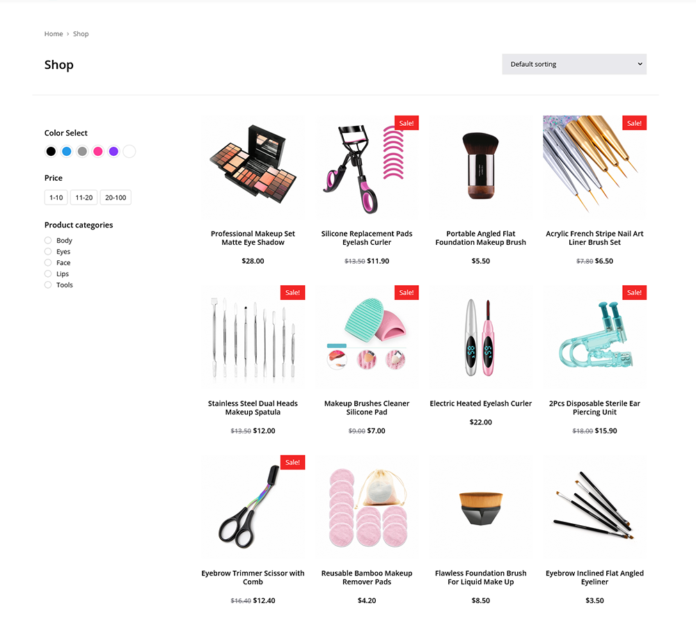Starting an online business requires careful planning and execution. Many aspiring entrepreneurs jump in without understanding the necessary prerequisites, leading to setbacks. This article outlines key requirements to ensure a strong foundation for your online business.
1. Clear Business Idea and Market Research
Before starting, define your business idea. Identify your target audience, analyze competitors, and understand market demand. Research helps validate your concept and refine your unique selling proposition (USP).
2. Business Plan and Model
Outline a business plan detailing your goals, strategies, and revenue model. Decide on a monetization approach such as e-commerce, affiliate marketing, or subscription-based services. A clear plan guides decision-making and attracts investors.
3. Legal Structure and Registration
Choose a legal structure (sole proprietorship, LLC, or corporation) that suits your needs. Register your business, obtain necessary licenses, and comply with tax regulations to operate legally.
4. Website and Domain Name
A professional website is the face of your online business. Select a domain name that reflects your brand, choose a reliable hosting provider, and design a user-friendly website. Ensure mobile compatibility and fast loading speeds.
5. Payment Gateway and Security Measures
To facilitate transactions, integrate secure payment gateways like PayPal, Stripe, or Square. Implement SSL certificates and data encryption to protect customer information.
6. Digital Marketing Strategy
An online business needs visibility. Develop a digital marketing strategy that includes search engine optimization (SEO), social media marketing, email campaigns, and content marketing. Paid advertising, such as Google Ads or Facebook Ads, can also drive traffic.
7. Customer Support System
Reliable customer service builds trust. Offer multiple communication channels, such as live chat, email, and social media support. Automate responses where possible, but ensure human interaction for complex queries.
8. Inventory and Supply Chain Management
For e-commerce businesses, effective inventory management is crucial. Use tools like Shopify or WooCommerce to track stock levels, streamline order fulfillment, and prevent overstocking or stockouts.
9. Accounting and Financial Planning
Set up accounting software like QuickBooks or FreshBooks to manage finances. Track income, expenses, and taxes to maintain financial health. A well-structured budget helps allocate resources effectively.
10. Scalability and Growth Strategy
Plan for future growth by analyzing key performance indicators (KPIs). Optimize processes, expand product offerings, and explore new markets to scale your business efficiently.
Conclusion
Starting an online business requires careful preparation. By addressing these prerequisites, entrepreneurs can build a sustainable and successful digital venture. A strategic approach ensures long-term growth and profitability in the competitive online marketplace.









